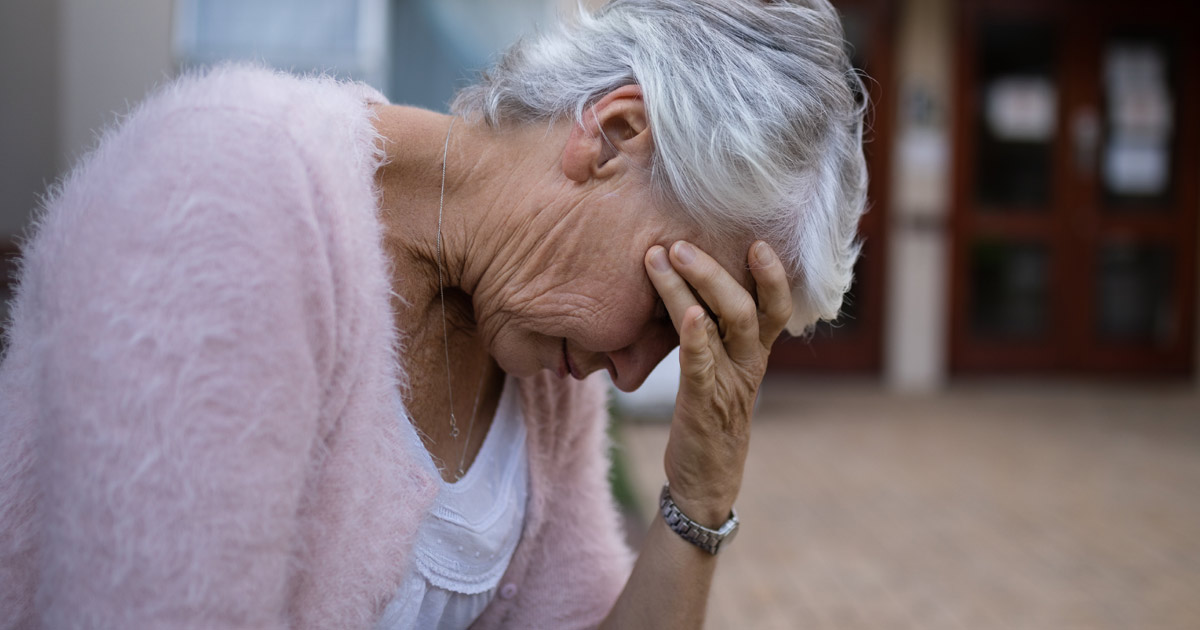Nursing homes and related businesses, like long-term health care facilities, exist to help aging individuals live comfortably. Patients and their families trust nursing home administrators and staff to deliver safe, compassionate care each day; however, sometimes, nursing home abuse occurs.
Nursing home abuse is not always easy to spot, and it is notoriously underreported. Nevertheless, a few signs may be early indicators of abuse. Early signs should be taken seriously by concerned family members and visitors.
Some common indicators of abuse include the following:
Malnourished Patients
When all or most of the residents at a nursing home facility seem to be losing weight and not getting enough nutrition, they are likely being abused. Malnutrition is an indicator that basic needs of the population are not being met. Getting food and proper hydration is necessary to avoid problems and diseases; otherwise, residents may quickly decline physically and mentally.
Patients with Bed Sores
A bed sore is a painful wound that occurs after someone is in a bed for a long period of time. To avoid bed sores, patients must be moved to avoid pressure building up in specific places, such as the back or hips. If a bed sore is left unaddressed and untreated, it can become infected and lead to serious issues.
Overmedication
While medications are often necessary to keep patients healthy while they are in nursing homes, overmedication is a type of abusive practice. Unless sedatives are prescribed by physicians, residents should have freedom of movement. Overmedicating can also lead to severe problems and death.
Patients with Unexplained Bruises
Many people who live in nursing homes have mobility and balance problems; this is not uncommon and can lead to slip and fall accidents. Families who notice unusual bruises on their loved ones deserve explanations. Constantly seeing bumps and contusions or even finding broken bones on a patient can be cause for alarm. This is especially true if the nursing home does not tell the patient’s family about incidents after they occur.
Patients Who Exhibit Unusual Behaviors
Residents who have been physically, psychologically, or even sexually abused may begin to exhibit unusual behaviors. For example, a normally extroverted patient may become withdrawn and fearful. Unusual behaviors can also indicate a decline in mental health; however, they can also point to nursing home abuse.
Various Complaints About Mistreatment
Sometimes, residents will tell their family members and visitors that they are being hurt by the staff. While these accusations may or may not be true, they should not be overlooked. Far too many people ignore complaints from patients in long-term health care facilities, which can enable abusers to continue hurting residents.
Unclean Patients and Facilities
Nursing home staff cannot force residents to clean themselves all the time. Nevertheless, if patients seem to be particularly unclean or the facility appears unsanitary, residents may not be getting proper hygiene. Family members should inquire about bathing and other cleaning routines to ensure their loved ones are not being neglected and abused.
What Should I Do if I Suspect Nursing Home Abuse?
Often, family members are the first ones to suspect nursing home abuse. A concerned family member should contact an Adult Protective Services facility, the local authorities, and even a lawyer. A lawyer can advise on legal remedies.
Delaware County Nursing Home Abuse Lawyers at Eckell Sparks Represent Abused and Neglected Nursing Home Residents
Our Delaware County nursing home abuse lawyers at Eckell, Sparks, Levy, Auerbach, Monte, Sloane, Matthews & Auslander, P.C. proudly protect victims of nursing home abuse. If your loved one was neglected in a nursing home facility, we can help. Contact us online or call us at 610-565-3701 for a free consultation. Located in Media and West Chester, Pennsylvania, we serve clients throughout Delaware County, Chester County, and Montgomery County.

